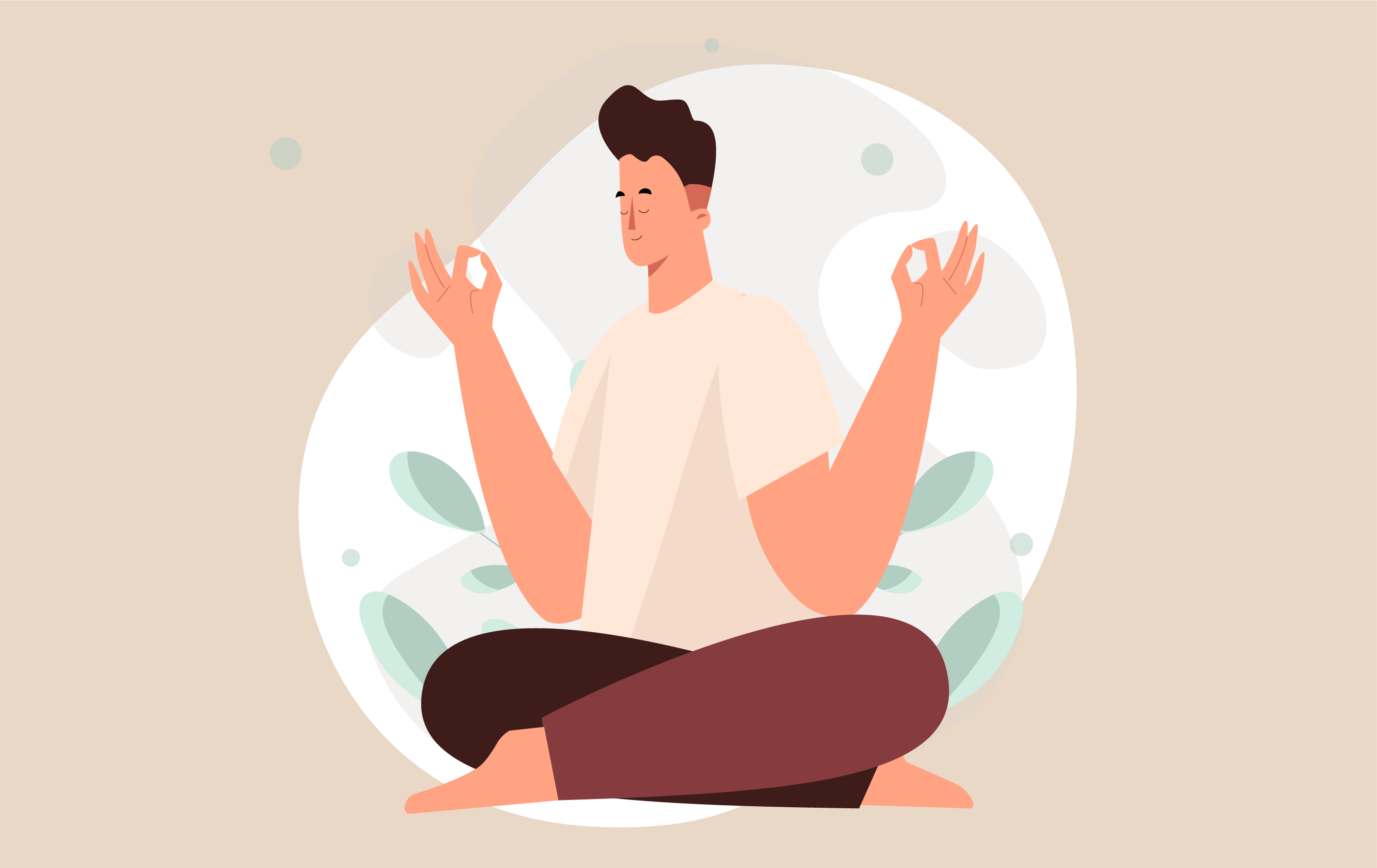Rock your hormones with music lessons
Latest Posts • July 30, 2018

I probably don’t have to tell you that music changes how we feel. Anybody who has ever listened to their favourite songs would agree – music can transform our mood from one minute to the next, lift us up, relax us or make us sad.
For that, the three hormones dopamine, cortisol, and oxytocin are responsible.
Music reduces stress hormones in the body, increases happiness hormones and strengthens the immune system. It is not only entertaining but also boosts motivation, performance, and relaxation. Especially if we actively play it.
In this article, I would like to examine how music lessons rock our hormones, fine-tune our brain chemistry and why they are so valuable for people on the autism spectrum, with ADHD and ADD, depression and anxiety disorders.
Let’s take a closer look at the hormones dopamine, cortisol and oxytocin.
Dopamine:
When we hear our favorite music, the body releases the feel-good hormone dopamine. Music can be so touching that it sends shivers and chills down our spine.
The chills we get when we listen to our favorite music are caused by the same brain chemistry responsible for the joys of food, being in love and even addictive drugs. Dopamine triggers feelings of well-being, courage, concentration, drive, and pleasure. (You can read more about dopamine in my article Why music never fails to grab our emotions.)
Studies have shown that Attention Deficit Disorders and Attention Deficit and Hyperactivity Disorders (ADD and ADHD) are closely linked to a lack of dopamine. It’s the dopamine deficiency that leads to the inability to concentrate and focus.
In my article “Can’t Stop the Feeling! – Musicians with ADHD “I describe the positive effect music lessons have on people with ADHD. At Modern Music School, we noticed that when people with ADHD find something that they’re interested in or passionate about, they will dedicate themselves 100%. Music lessons seem to be able to compensate for a faulty reward and motivation system that is triggered by low dopamine levels.
But be aware! A research study by Valorie Salimpoor, a neuroscientist at McGill University, Montreal, clearly shows that the rush of dopamine is released only when we listen to music that we find especially moving.
That’s why at Modern Music School we take the time to find out what kind of music our students like, and allow them to play the music of their choice. Forcing them to play music they have no interest in might shut down their reward system and leave them with an unpleasant feeling.
Cortisol:
Playing and listening to music reduces levels of the stress hormone cortisol. If we reach for our instruments regularly, we might even be able to prevent chronic stress.
Psychologist and author Daniel J. Levitin, who studies the neuroscience of music at McGill University in Montreal, found that music improves the body’s immune system function and reduces stress.
Listening to music was also found to be more effective than prescription drugs in reducing anxiety before surgery.
Research at the Institute for Autism Research in Buffalo, New York, has shown that people with autism have significantly higher levels of cortisol.
Because of this stress-reducing effect, students on the autism spectrum don’t only learn to play an instrument when they take music lessons; they also develop other resources, such as social interaction, self-confidence, and communication. All resources that people on the autism spectrum have a much easier time accessing when they are relaxed. Synchronous activities such as singing or drumming in the group amplify this relaxing and stress reducing effect and are one reason, why group and band lessons are such a popular program at Modern Music School.
But again, be aware! Most music schools base their lessons on exercise, performance, and mastery. At Modern Music School, we encourage students to learn at their own pace. Anything else would turn music lessons into another source for stress and anxiety. We want our students to feel comfortable, have fun, and learn without pressure.
Oxytocin:
Oxytocin plays a vital role in bonding. It promotes trust; hence it’s nickname “the love hormone.” During a natural birth, mothers release high levels of oxytocin which helps them bond with their baby.
Researchers have found that during group activities such as a band or choir our brain releases more oxytocin, making band and group lessons at Modern Music School not only fun but also a great place to strengthen feelings of trust and acceptance.
Since oxytocin can also counteract the effect of too much cortisol, music lessons become the ultimate feel-good booster for everyone.
They make us happy, relaxed, and maybe even let us feel closer to each other.




WONDERFUL Post.thanks for share..more wait .. …